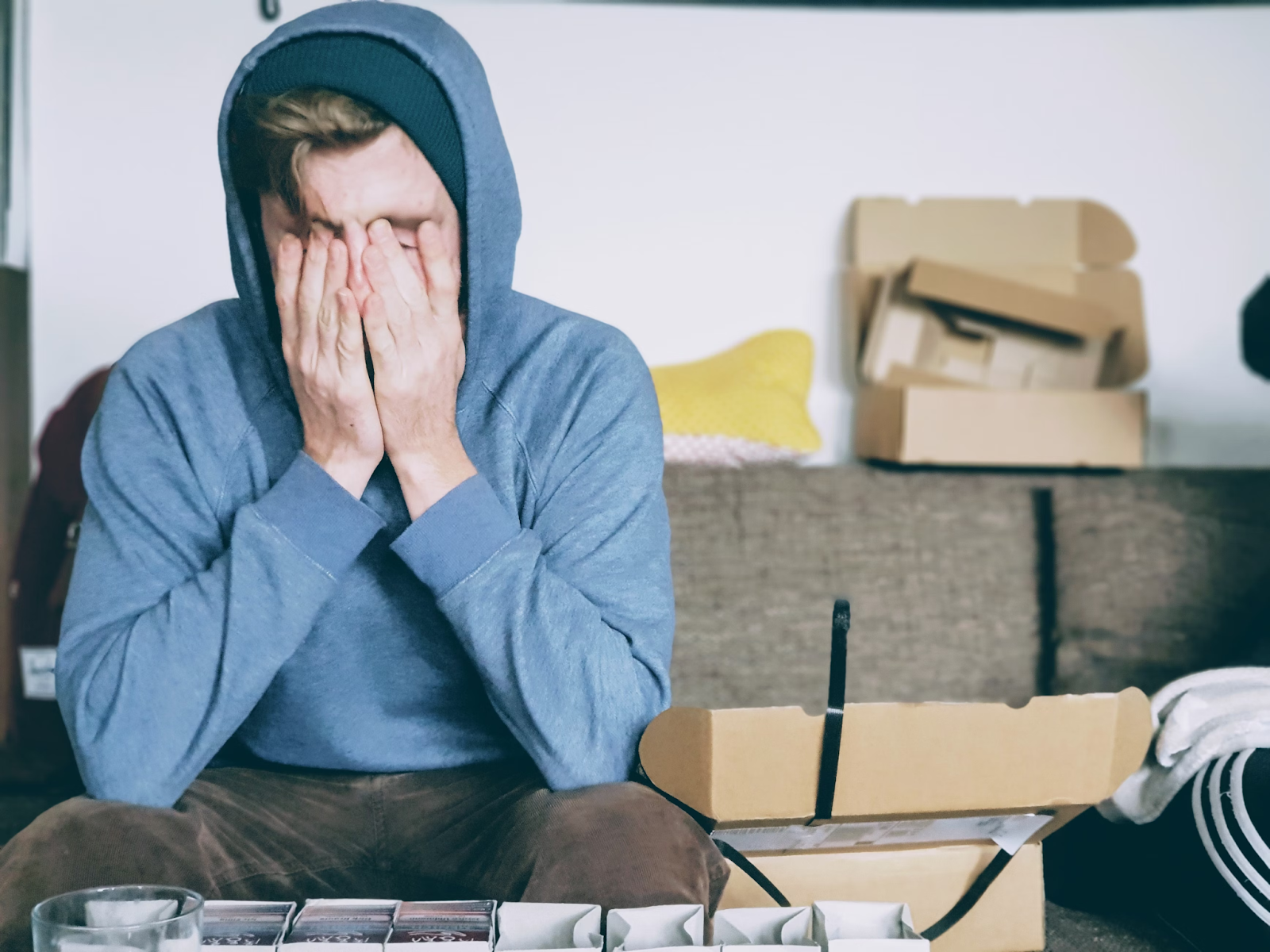You clutch your books tightly as you stand outside the classroom, heart pounding. “Come on, just skip this one,” your friend nudges you, eyes gleaming with excitement. “It’s just one class. Everyone’s going.” You look around—the hallway was empty except for the group of students waiting for your answer. If you say no, they’ll roll their eyes, call you boring, maybe even stop inviting you out. Now, if you say yes, you’ll be anxious the entire time, knowing you were making the wrong choice.
This moment—this seemingly small decision—felt like everything. Because at that age, the fear of being left out can be overwhelming. And that’s the power of peer pressure.
“I see this kind of peer pressure all the time with young people,” says Linsey Lunny, CEO of Hidden Strength, a mental health app that connects teens with professionals. “It’s almost a rite of passage for so many teens, but it’s dangerous. The pressure to fit in and be ‘cool’ can easily overshadow personal boundaries, leaving teens vulnerable to making decisions that could have lasting consequences.”
The Reality of Peer Pressure
Peer pressure isn’t always about dramatic dares or reckless behavior. Sometimes, it’s as simple as feeling like you have to laugh at a joke you don’t find funny or pretend to like something just to fit in. For many young people, high school is a constant balancing act between wanting to belong and staying true to themselves. These moments might seem minor, but they add up. The more a young person feels they have to change who they are to be accepted, the more their mental health suffers.
The Fear of Otherness
Feeling different—whether because of personal values, interests, or even appearance—can be isolating. Lunny states that when young people sense that they don’t quite fit into their peer groups, they may experience:
- Anxiety: Constantly worrying about saying or doing the wrong thing
- Low self-esteem: Believing they’re “not good enough” if they don’t conform
- Depression: Feeling lonely or unworthy when they struggle to fit in
- Risk-taking behavior: Engaging in activities they’re uncomfortable with just to be accepted
It’s no surprise that high school peer pressure can lead to increased stress, self-doubt, and even more serious mental health concerns. When young people feel like they don’t belong, it can deeply affect their confidence and sense of self-worth.
Just Say No?
It’s incredibly difficult to go against the crowd, especially when friendships and social status feel like they’re on the line. But resisting peer pressure doesn’t mean losing everyone—it means choosing relationships that respect and uplift you.
“Saying no can be really tough for a variety of reasons,” says Lunny. “The fear of being labeled as ‘uncool,’ ‘boring,’ or even ‘weird’ often takes priority in a teen’s mind over their own well-being. But the reality is, those feelings are temporary and don’t define who you are as a person.”
High school can feel like a never-ending test of fitting in, but the truth is, real confidence comes from staying true to yourself—even when it’s hard. Peer pressure may be loud, but your inner voice matters more. You are enough just as you are. And the people who truly care about you will never ask you to be anything else.
You might also enjoy:
- Navigating Family Issues as a Teenager: Finding Support and Building Resilience
- Raising Confident and Critical Thinkers in a Digital Age
- Rise in Incel Culture and Right-Wing Radicalization Sparks Concern Among Experts
- Don’t be a Slave to your Fear; You Have a Giant Within You.
- Dr. Sas Is Inspiring Women to Rise from Ashes and Awaken the Goddess Within
